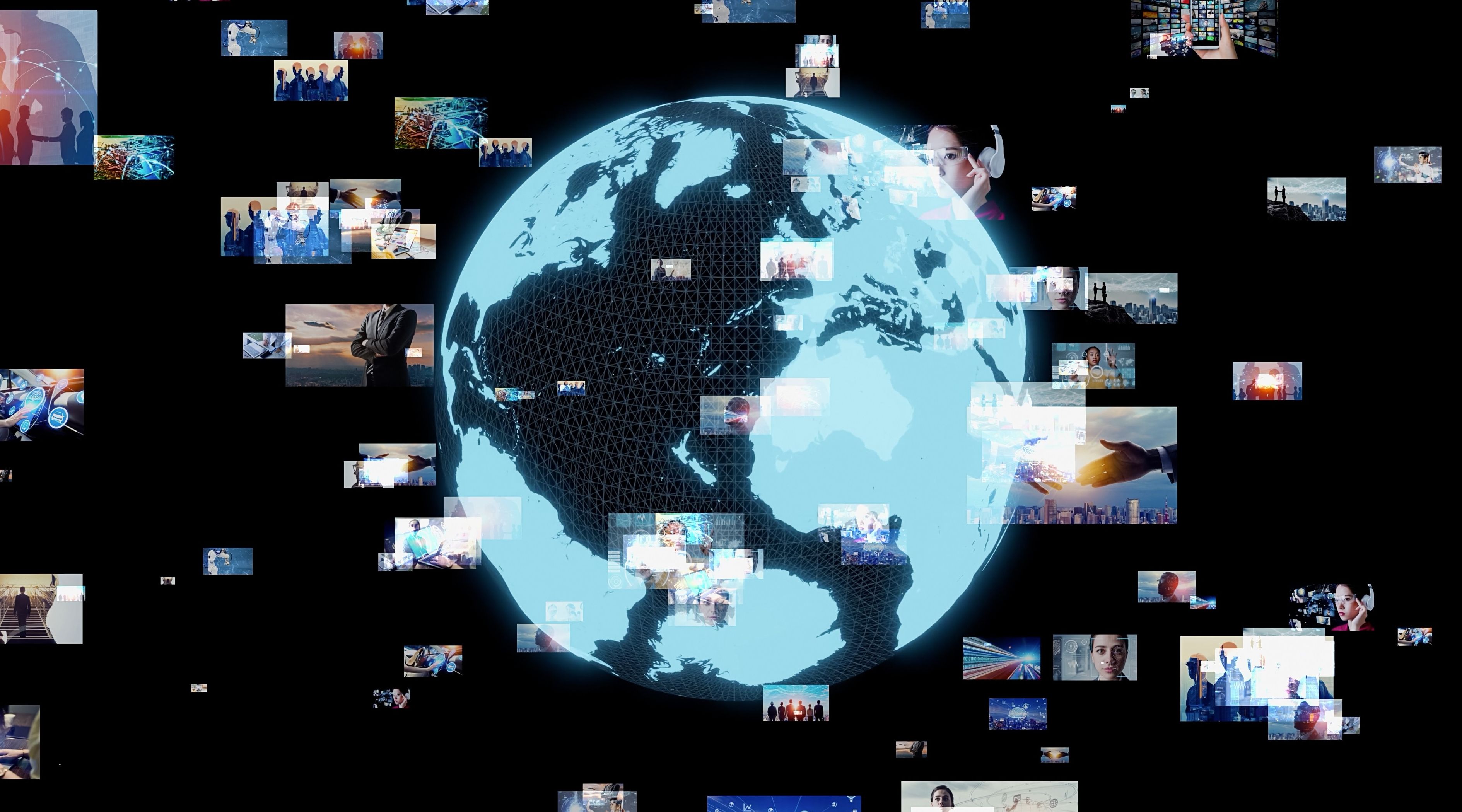According to a new survey, North American think tanks are tied as the least transparent of any region. The poll, conducted by On Think Tanks, surveyed 335 think tanks from over 100 countries. The accompanying report, released today, found that only 35% of North American think tanks (mostly from the U.S.) that responded to the survey disclose funding sources. By comparison, 67% of Asian think tanks and 58% of African think tanks disclose their funding sources.
And there are signs that think tank funding transparency is trending towards more opacity. Just last month, the Center for American Progress — a major center-left think tank with $46 million in annual revenue — announced that it would no longer disclose its donors. The think tank said it was taking this “temporary protective step” out of concern that the Trump administration could target them.
In response to conservative influencer Charlie Kirk’s murder, both President Trump and Vice President JD Vance have suggested the White House will target left-wing groups and their donors.
Mark Schmitt, the Director of the Political Reform program at New America, suggests that think tanks should learn a lesson from other organizations that have drawn the ire of the Trump administration. “There’s no advantage or safety in bargaining with this administration or conceding wrongdoing where none exists,” he said.
Fear of political retribution is not the only reason U.S. think tanks may be reluctant to share financial information. Even before these new threats against left-leaning groups, a Quincy Institute report found that over a third of the major foreign policy think tanks do not disclose any donor information, oftentimes because of their heavy reliance on special interests. The top 50 American think tanks received at least $110 million from foreign governments and $35 million from defense contractors in the past 5 years alone.
Despite their positioning as objective and independent institutions, reliance on special interests can lead to self-censorship and perspective filtering. Researchers Kjølv Egeland and Benoît Pelopidas found in a study of think tank research on nuclear weapons that “the most generous funders exercise significant influence on the evolution of the foreign policy marketplace of ideas by affecting which questions are asked and which expert milieus are enabled to thrive.”
Transparency can invite scrutiny, but in a healthy democracy that is the point of transparency. It can help the public, media, and lawmakers understand a think tank’s values. Thomas Medvetz, an Assistant Professor of Sociology at the University of California, San Diego suggests this in his book “Think Tanks in America,” “Why not define a think tank in terms of its dependence on the very same institutions from which it is usually described as independent? After all, the vast majority of organizations labeled as think tanks typically rely on a patchwork of other outfits — for example, private foundations, government agencies, activist networks, and business corporations — for donations and other forms of material support, such as research contracts.”
Another key finding of the new On Think Tanks report is that optimism in think tank sector growth is declining, as 46% of think tanks said the political situation in their country impacted them unfavorably over the past year. Between 60-70% of think tanks surveyed are concerned about a shortage of new funding sources.
This is likely in part because of the retreating U.S. government funding of think tanks. In March, Secretary of State Marco Rubio announced that he would be canceling 83% of USAID’s programs and that the remaining initiatives would be absorbed by the State Department. The decision impacted think tanks all around the world that rely on USAID funding for policy research. USAID funded a variety of research organizations from CASE Ukraine, a Ukraine-based economic reform think tank, to Accountability Lab, an open government network that noted a drop of about 60% in its organizational budget in Pakistan after the cuts.
The Trump administration also cut funding for the Wilson Center and U.S. Institute for Peace, two congressionally-established think tanks that have been around since 1968 and 1984 respectively. The Wilson Center has hinted at a return, posting on X on September 4 that “Over the past months, the Wilson Center has been charting a path forward to strengthen our role as a trusted, fiercely nonpartisan bridge between scholarship and public policy.” On Monday, the Wilson Center announced new distinguished fellows, though did not respond to a request for comment from RS on its future.
Fundraising is the single most pressing challenge for the think tank sector currently, with 71% of think tanks identifying it as a main capacity gap, up from 66% in 2024. Many think tanks will no doubt look to other sources to fill the gaps in U.S. funding, particularly private companies and foreign governments willing to dole out millions of dollars with the intent to influence think tank research. Those sources will likely come with strings attached, spoken or unspoken. It’s up to the think tanks themselves whether they are forthcoming about those ties.
















